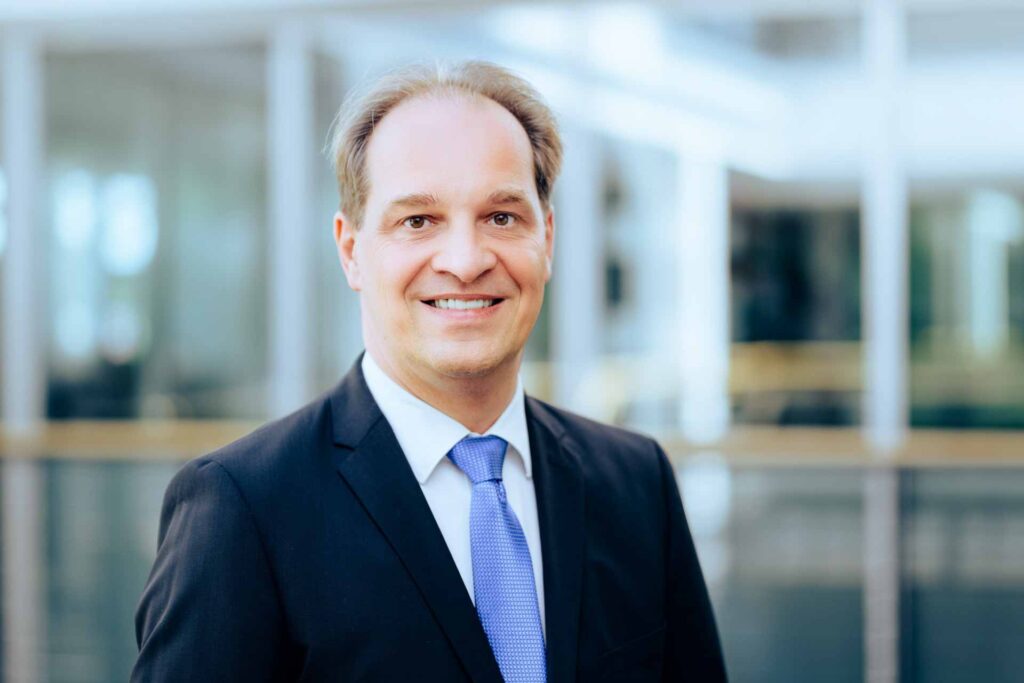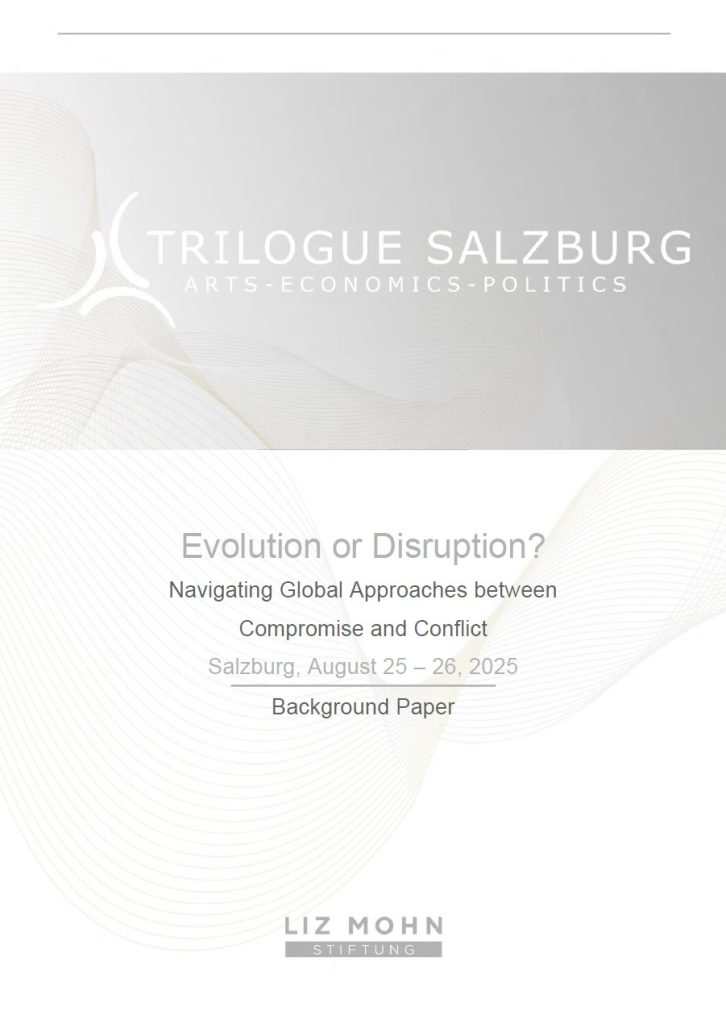In her opening speech, founder Liz Mohn reminded participants how vulnerable democracy and peace are in an increasingly divided world. “Europe’s history and experiences give us a responsibility to continually rebuild bridges and maintain dialogue. The future needs confidence,” said Liz Mohn.
This year’s Salzburg Trilogue placed a special focus on the role of technology. The discussion centered on opportunities, risks, and necessity, as well as the need for regulatory restraint. Shaping the future requires courage, self-confidence, and the ability to actively influence change. This also raises the question of which values and rules should guide the digital transformation.
It became clear during the discussions that Western democracies are struggling to keep pace with the speed of global developments. Traditional institutions such as the United Nations seem outdated in some respects and are in urgent need of reform in order to better reflect the realities of a multipolar world. More than ever, Western politics is facing the challenge that its pace seems unable to keep up with changes in society, technology, and the economy. Many experts warned that trust in democratic institutions is at risk of being lost if they can no longer keep pace with change.
Culture and cultural diplomacy were highlighted as instruments of social transformation. The participants in the trilogue argued that culture must be specifically promoted as a vehicle for values, identity, and belonging. They argued that relevant political programs and initiatives should be strengthened, as they facilitate intercultural dialogue and understanding across borders, strengthen social cohesion, and promote democratic processes in the long term.
Europe must reinvent itself
In the past, Europe was able to consolidate its position as a world power through technological leadership in areas such as automotive engineering, chemistry, and aviation. Today, the decisive technologies of the future lie in other areas: artificial intelligence, quantum computing, robotics, and space travel. Europe has not yet become a leading player in these fields. In order to secure prosperity and competitiveness in the long term, a strategic realignment of Europe is therefore necessary. Harold James, British historian and participant in the trilogue, summed this up succinctly: “Recognizing the problem is easy—finding convincing solutions is difficult.”
The results of the Salzburg Trilogue are summarized each year as the “Salzburg Recommendations” and sent to the European Commission, the Council of the European Union, and its member states.
Shown on the cover photo: Founder Liz Mohn (center), Andreas Pinkwart, Chairman of the Board of Trustees of the Liz Mohn Foundation, former Austrian Chancellor Wolfgang Schüssel, Bodo Uebber, Chairman of the Board of Trustees of the Bertelsmann Foundation, and Francisco Belil, Vice President of the Fundación Bertelsmann (from left to right)


